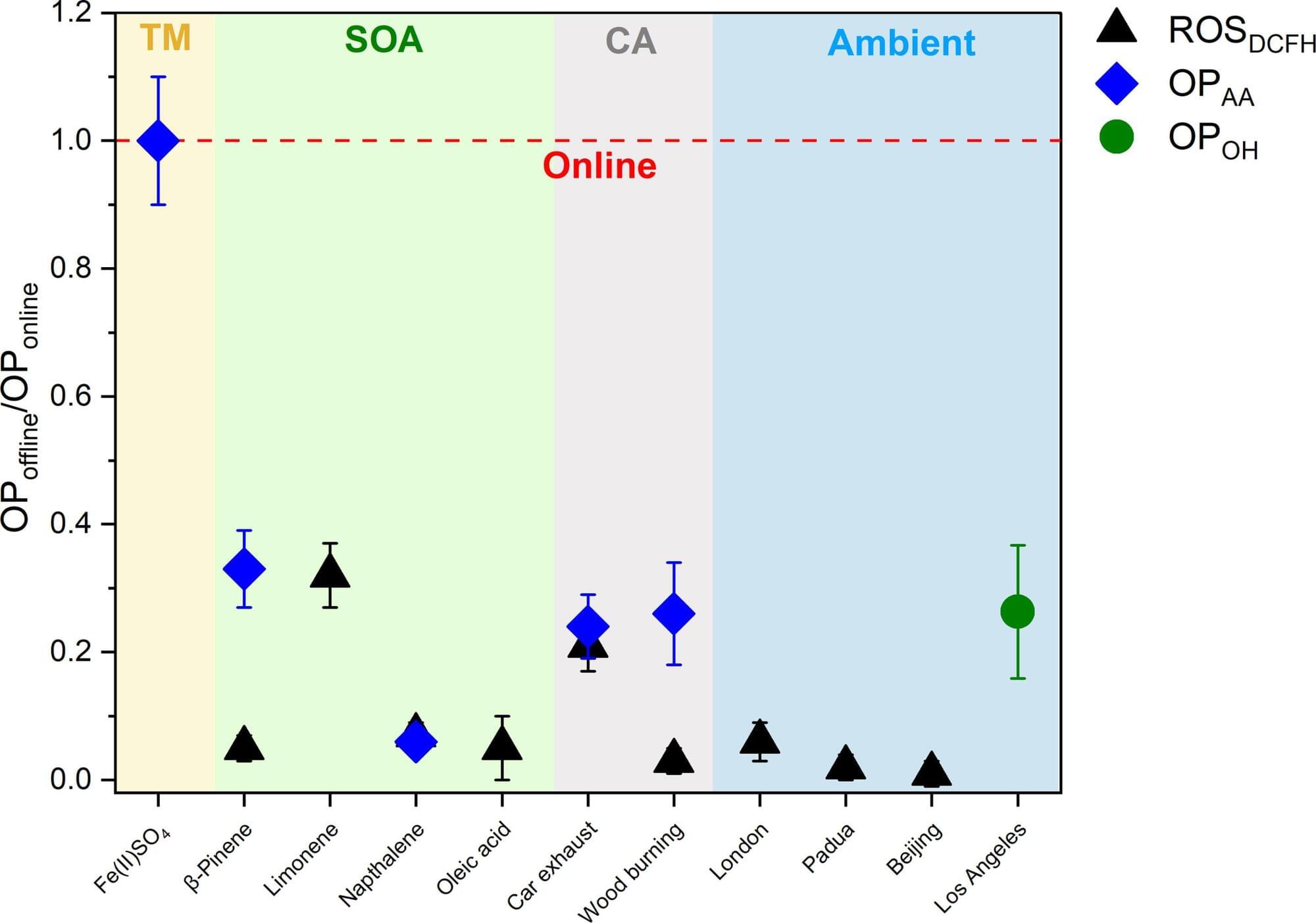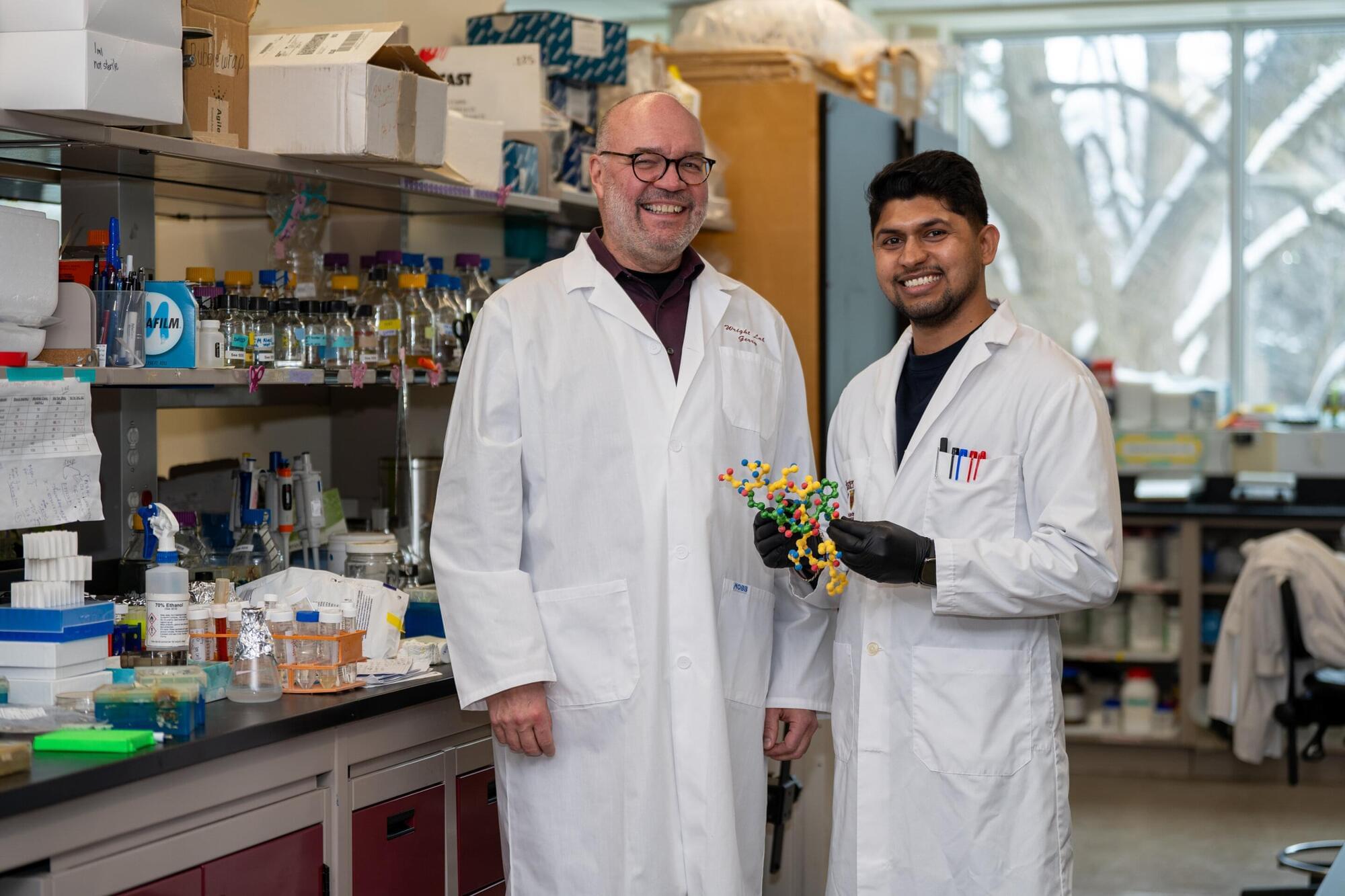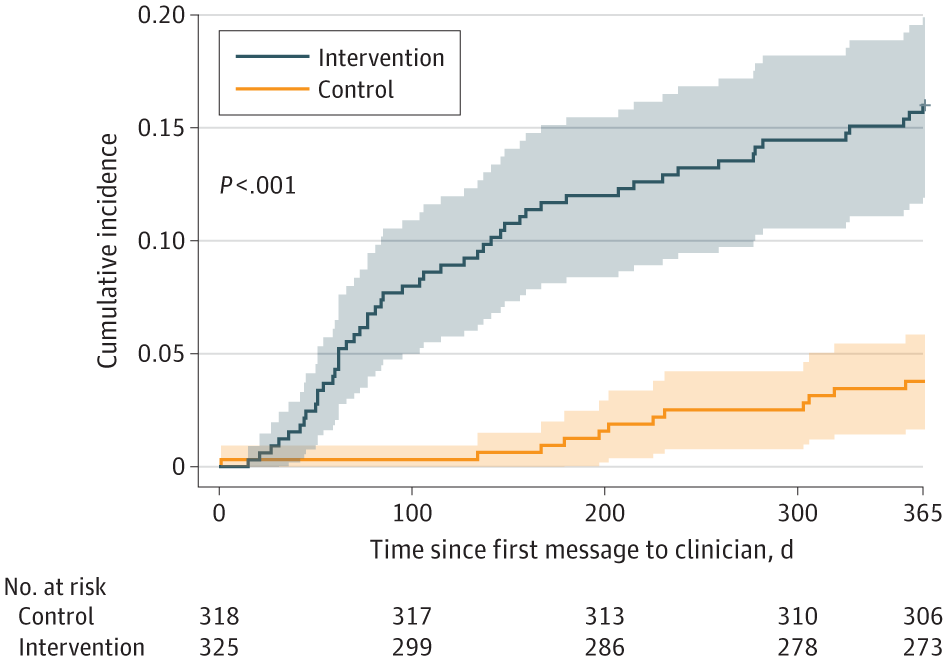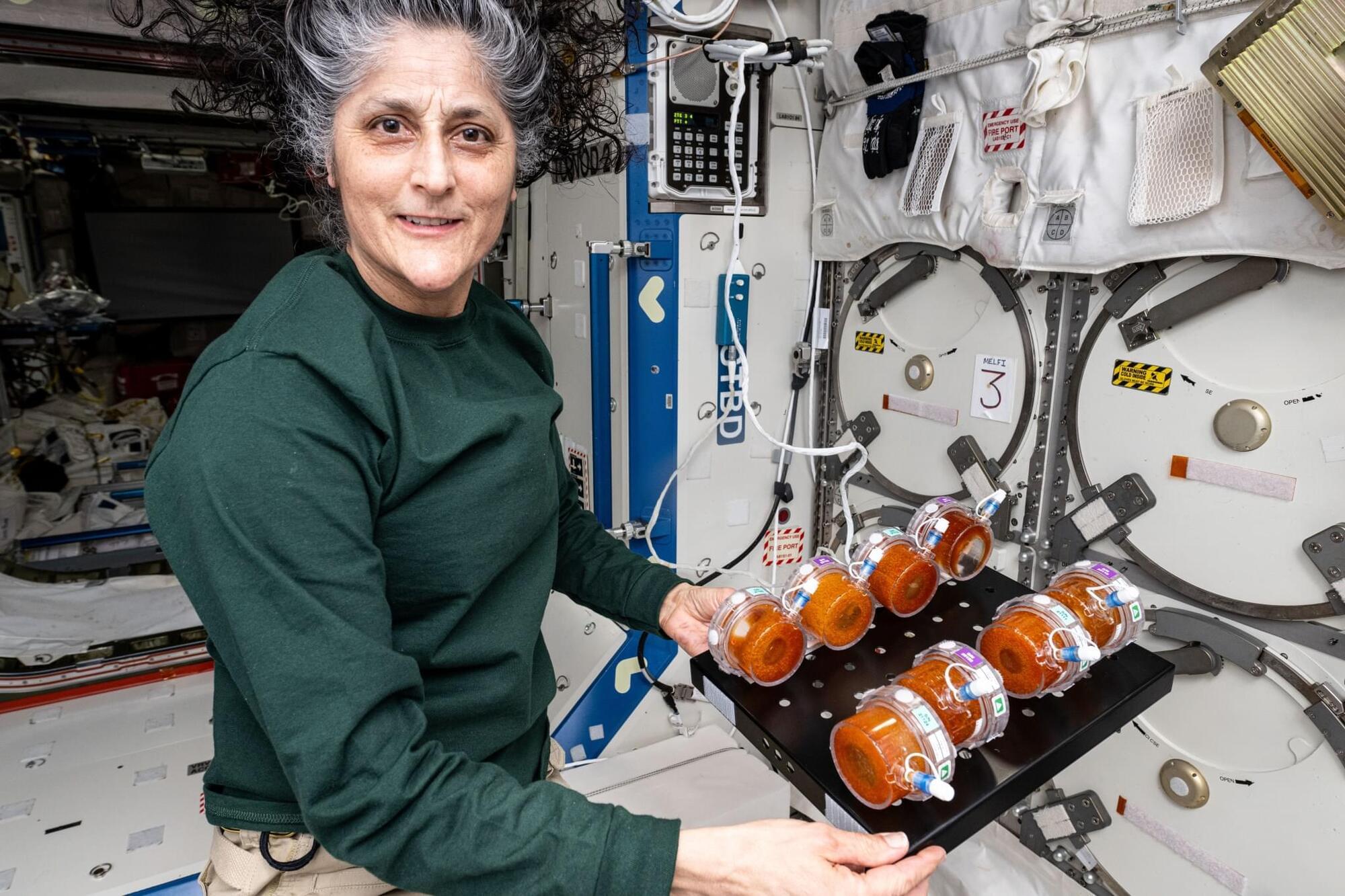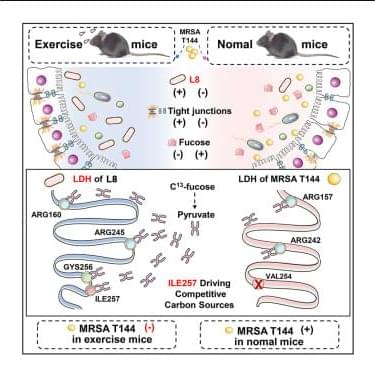People breathing contaminated air over the course of years are at greater risk of developing numerous diseases. This is thought to be due to highly reactive components in particulate matter, which affect biological processes in the body. However, researchers from the University of Basel, Switzerland, have now shown that precisely these components disappear within hours and that previous measurements therefore completely underestimate the quantities in which they are present.
From chronic respiratory problems to cardiovascular diseases, diabetes and dementia, health damage caused by particulate matter air pollution is wide-ranging and serious. The World Health Organization (WHO) estimates that over six million deaths a year are caused by increased exposure to particulate matter.
The chemical composition of these tiny particles in the air, which come from a wide range of both anthropogenic and natural sources, is highly complex. Which particles trigger which reactions and long-term diseases in the body is the subject of intensive research.
